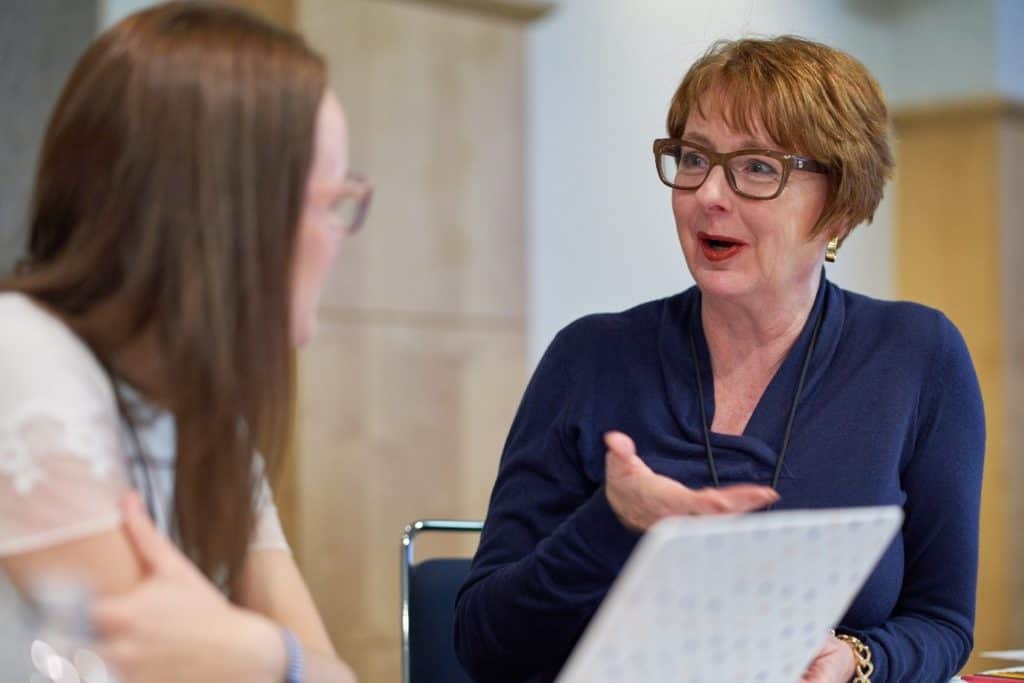Your Personal Board of Directors
When I read this paragraph in Michelle Obama’s memoir ‘Becoming’, I just stopped. Still, and absorbed the words.
“For me, this was a turning point. The campaign apparatus existed exclusively to serve the candidate, not the spouse or the family. And as much as Barack’s staffers respected me and valued my contribution, they’d never given me much in the way of guidance.
Until that point, no one in the campaign had bothered to travel with me or show up for my events. I’d never received media training or speech prep. No one, I realised, was going to look after me unless I pushed for it.”
For the better part of a year, Michelle Obama had been on the campaign trail. Making public appearances, giving speeches, working rope lines during campaign events, speaking with reporters, doing five or six events per day.
In her own words, Michelle Obama says, “I figured I’d just work it out for myself.”

There is so much to unpack in these words — the extraordinary resourcefulness and fortitude of Michelle Obama. And the wrongness of expecting a person to operate at an elite level, without a support team. A team that would invest in her skills development, coach and support her.
It seems unbelievable when you consider this in the context of her contribution to the success of the Obama campaign and later as First Lady.
Yet I know from my work with high potential women, and my journey to the C-Suite, that this story is not unique.
I have come to know that when you are ready to leap – when you are prepared to move to the next stage in your career, and the next and the next – you need a team of people supporting you. A board of directors that will train you, coach you, cheer you, and guide you.
Building your Personal Board of Directors
‘A personal board of directors… is a group of people with diverse skills whom all contribute to your career, growth, and development in different ways’.
Sometimes, not knowing whom you need on your team, and when, can hold you back from asking for support.
Adapted from a concept framed by Jim Collins, the author of ‘Good to Great’, here is a description of the different types of people you may want in your support team:
1. Trusted Advisor
The person you go to when you have a problem. The person who would never betray your confidence and you can unload all your thoughts and feelings and get trustworthy advice from.
2. Teacher / Coach
The person you go to when you need to learn to get better at something.
3. Cheerleader
The person you reach out to when you need a pep talk; to be reassured of your contribution and value.
4. Elder / Guide
An experienced mentor who shares with you their life experience, knowledge and insight.
5. Creative / Innovator
The person who sparks your ideas, challenges you and your creativity.
6. Insight
The person who understands the lay of the land inside the organisation and provides you with tacit knowledge. They hold the insight into ‘How things work around here’.

Add a Sponsor to your support team
A sponsor is a senior level champion who believes in your potential and is willing to advocate for your next opportunity or promotion. They have the positional power, connections and motive to make it happen.
Reflecting on my career, sponsors were critical at two pivot points.
In the first example, my manager put me forward to her manager, with the words “I have someone in my team who is ready for promotion.” This first promotion, in the early years of my career, set in train a sequence of five promotions in five years within that organisation.
Later in my career, as a senior manager returning from maternity leave, a sponsor advocated for increased responsibility for me in the face of well-intentioned paternalistic caution from the CEO. Within two years, I was promoted to Chief Operating Officer, toddler in tow.
Start building your team
If you don’t have one of each of these people in your support network, you need to recruit. Give yourself time to do this – at least three to six months.
Allow relationships to develop naturally by reaching out and connecting to a diverse range of people in your organisations, industry, alumni, and community.
A word of caution:
- In most circumstances, your mum or dad and your best friend do not belong on your board of directors.
- Beware the naysayers who disguise their disparagement in well-placed doubts: “for your good, I just want to make sure you have thought about …”.
- Don’t take advice from unsuccessful or unhappy people.
As Oprah Winfrey says, “I don’t think anyone makes it in the world without some form of mentorship. Nobody makes it alone.”
Be the obvious choice to the C-Suite.
Sign up to receive future episodes direct to your inbox here.

